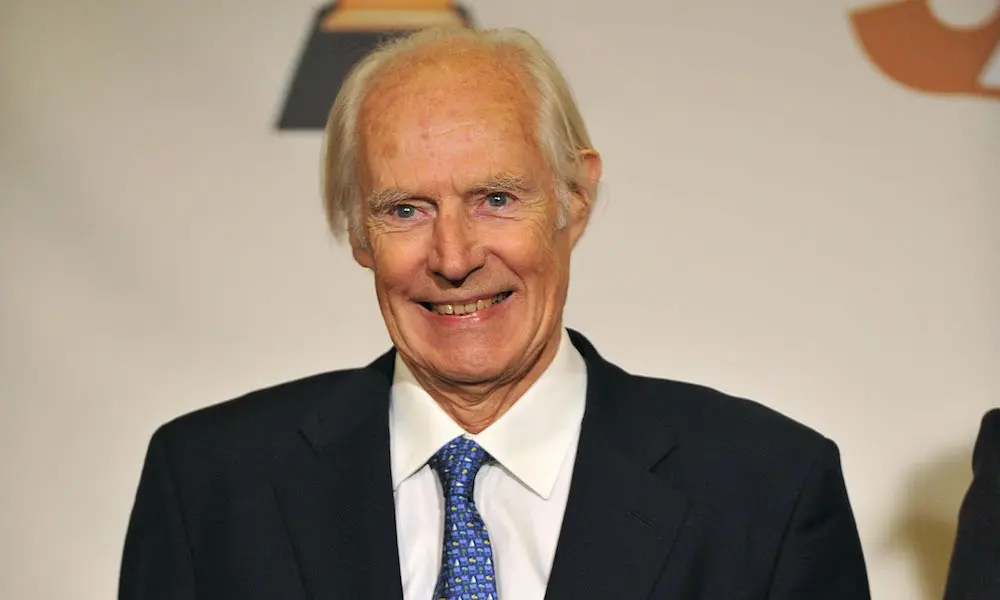The Impact of Paul McCartney: How He Became One of the Giants of Pop Music
Paul McCartney’s influence over the history of popular music is enormous. With the early legends long gone, the surviving Beatles—McCartney especially—are often the touchstone everyone works back toward.
From Liverpool to Worldwide Legend
McCartney’s musical journey began in the early 1960s. After first breaking through in the UK, by 1964 the Beatles had swept America and then the rest of the world, kicking off Beatlemania and the British invasion. Those movements shaped countless musicians to come.
Artists across genres have admired or worked with McCartney. Michael Jackson wanted to collaborate with him; members of Nirvana and other rock icons have praised his songwriting; Bruce Springsteen has repeatedly expressed how excited he is to share the stage with him.
Early Influences
Paul didn’t spring into music fully formed—his background played a huge role.
His father, Jim McCartney, was a jazz musician and big on older styles. He played trumpet in a jazz band and was fond of the music hall tradition (that older British form of variety show) as well as Broadway-style standards.
Paul grew up listening to Elvis Presley, Chuck Berry, Little Richard—rock & roll’s early firebrands—but also older, more traditional styles. He loved jazz, musical shows, popular theatre, etc. These mixed influences helped him later write songs that blended styles.
Enter George Martin: The Producer Who Made Things Possible
When it comes to McCartney’s career (and The Beatles’), George Martin is absolutely central.
Martin signed The Beatles in 1962, and acted not just as a producer, but a mentor, arranger, and creative ally. McCartney once called him “like a second father.”
He helped turn Paul’s raw ideas into fully realized recordings. One famous example: McCartney had the song Yesterday where he was singing solo with guitar. Martin suggested adding a string quartet. Paul was unsure—after all, they were a rock band—but trusted him. That arrangement became iconic.
As Paul grew as a songwriter, he continued experimenting. Under Martin’s encouragement, Beatles songs started using orchestral instruments, horns, complex arrangements. Martin had experience outside rock & roll—classical, jazz—and he brought that openness into the Beatles’ studio work.
The Paul McCartney project
Why Martin Was So Special to McCartney
He offered both technical skill and emotional/creative support. Not every producer is also someone who listens, suggests, then trusts the artist. Martin did that. McCartney has said Martin had “gentle bedside manner.”
He challenged McCartney in productive ways. For example, pushing to try ideas McCartney thought might not fit (like strings) but giving him safety: “if it doesn’t work, we’ll go back.”

